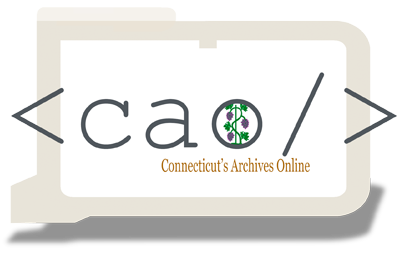Collections : [Wesleyan University -Special Collections and Archives]

Wesleyan University -Special Collections and Archives
Olin Library
252 Church Street
Middletown, CT 06459
 Connecticut's Archives Online
Connecticut's Archives Online
One-click access to Connecticut's archival resources
